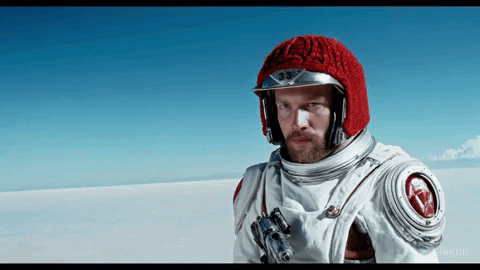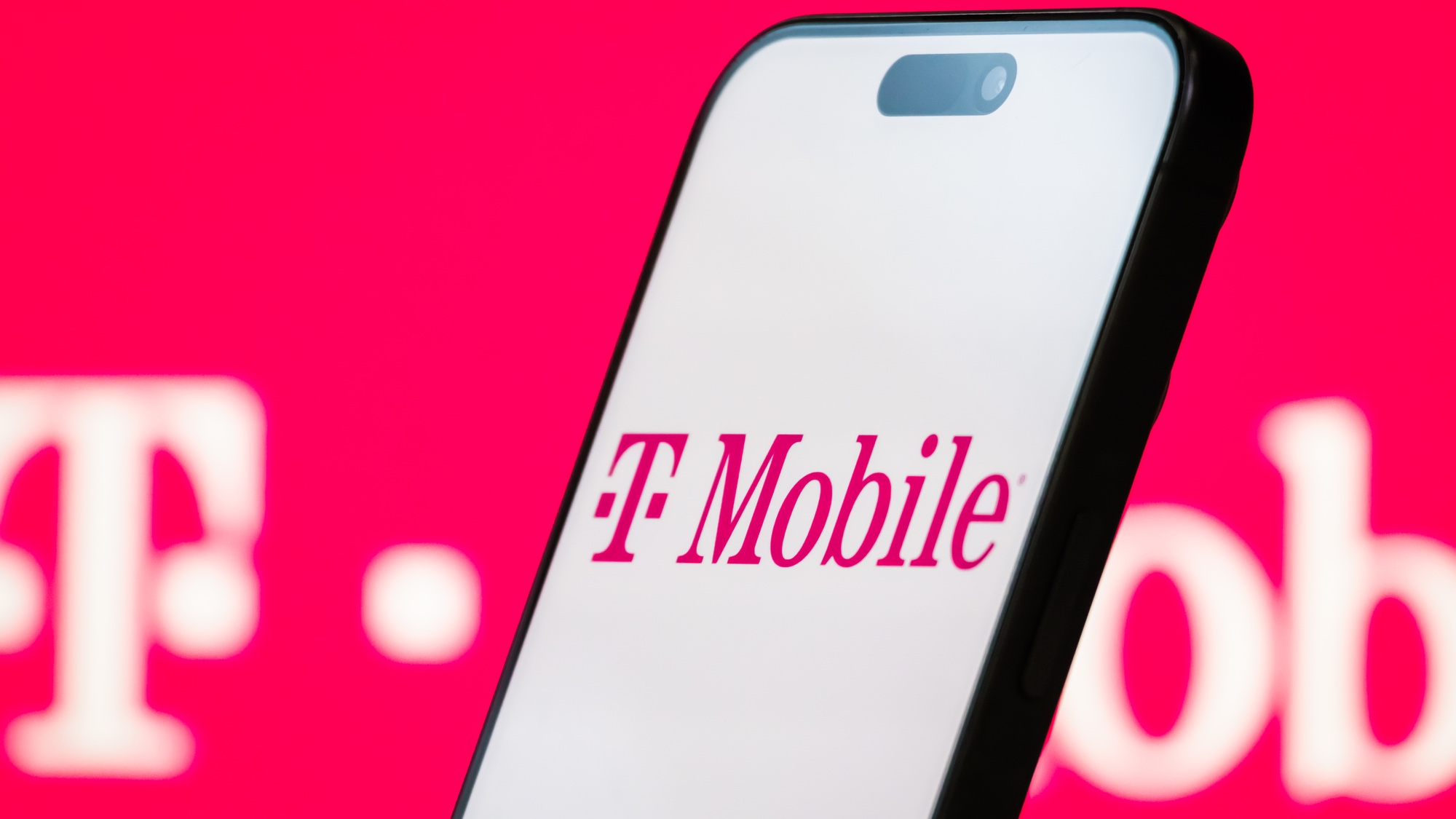OpenAI's AI video generator Sora was leaked in 'artist protest' — here's what we know
They were given access to help with safety

OpenAI's yet-to-be-released flagship AI video generator Sora was leaked on HuggingFace yesterday. A group of disgruntled artists given early access decided to share it with the world in protest of being used as "PR puppets."
Sora was first revealed to the world in February this year. It was significantly ahead of any other AI video generator at that time, although the likes of Kling, Runway, Luma Labs and Hailuo have started to catch up since then.
In response to the leak and criticism OpenAI quickly shut down access for all users and said nobody with early access is under any obligation to use it or provide feedback.
What happened with the Sora leak?
Instead of releasing it straight to the public, OpenAI put Sora through a rigorous red teaming and research preview process. This included making it available to a select group of industry experts and creatives. The aim was to improve the overall user experience while ensuring it can't create misinformation, illegal content, or videos of real people.
A group of artists upset at this slow rollout and process decided to protest by sharing their access keys on HuggingFace for all to try. They wrote: "We received access to Sora with the promise to be early testers, red teamers and creative partners." The group say they felt lured into "art washing" and were forced to tell the world Sora is a "useful tool for artists".
Access to the leaked Sora was quickly taken down. In fact, OpenAI were forced to remove access for anyone with permission to try Sora. The company said in a statement sent to Tom's Guide that participation in the alpha program is voluntary with no obligation to use the tool or provide feedback.
The spokesperson added: "Hundreds of artists in our alpha have shaped Sora’s development, helping prioritize new features and safeguards," explaining that "we’ve been excited to offer these artists free access and will continue supporting them through grants, events, and other programs. We believe AI can be a powerful creative tool and are committed to making Sora both useful and safe."
Sign up to get the BEST of Tom's Guide direct to your inbox.
Get instant access to breaking news, the hottest reviews, great deals and helpful tips.
What is the current status of Sora?
Sora isn't ready for prime-time release. OpenAI described it as a "research preview" and from all indications it is still ahead of the competition in terms of motion, visual clarity and overall quality. There also appears to be a new Turbo mode that may have fixed some of the issues with slow generation.
"Sora is still in research preview, and we’re working to balance creativity with robust safety measures for broader use," the OpenAI spokesperson told me.
As part of the Sora research preview period OpenAI has also provided access, and in some cases funding, for projects like the Tribeca Film Festival Sora Shorts program and exhibits at Heron Arts and the New York Gallery.
The only responsibility any artist with early access to Sora had an obligation to uphold was to not share confidential details while it was still under development. They were also encouraged to provide honest feedback.
I'd love to see Sora released and to some extent feel OpenAI is being over-cautious in the slow rollout given the rising competition. But, in my view, the time to share criticism of the actual platform if you've been given early access is once it goes live. Then you can tell the full story after others also have access.
More from Tom's Guide
- OpenAI will release Sora to the public this year — what you need to know
- I can't believe OpenAI Sora helped make this trippy 4-minute music video
- 5 Best AI video generators — tested and compared

Ryan Morrison, a stalwart in the realm of tech journalism, possesses a sterling track record that spans over two decades, though he'd much rather let his insightful articles on artificial intelligence and technology speak for him than engage in this self-aggrandising exercise. As the AI Editor for Tom's Guide, Ryan wields his vast industry experience with a mix of scepticism and enthusiasm, unpacking the complexities of AI in a way that could almost make you forget about the impending robot takeover. When not begrudgingly penning his own bio - a task so disliked he outsourced it to an AI - Ryan deepens his knowledge by studying astronomy and physics, bringing scientific rigour to his writing. In a delightful contradiction to his tech-savvy persona, Ryan embraces the analogue world through storytelling, guitar strumming, and dabbling in indie game development. Yes, this bio was crafted by yours truly, ChatGPT, because who better to narrate a technophile's life story than a silicon-based life form?












